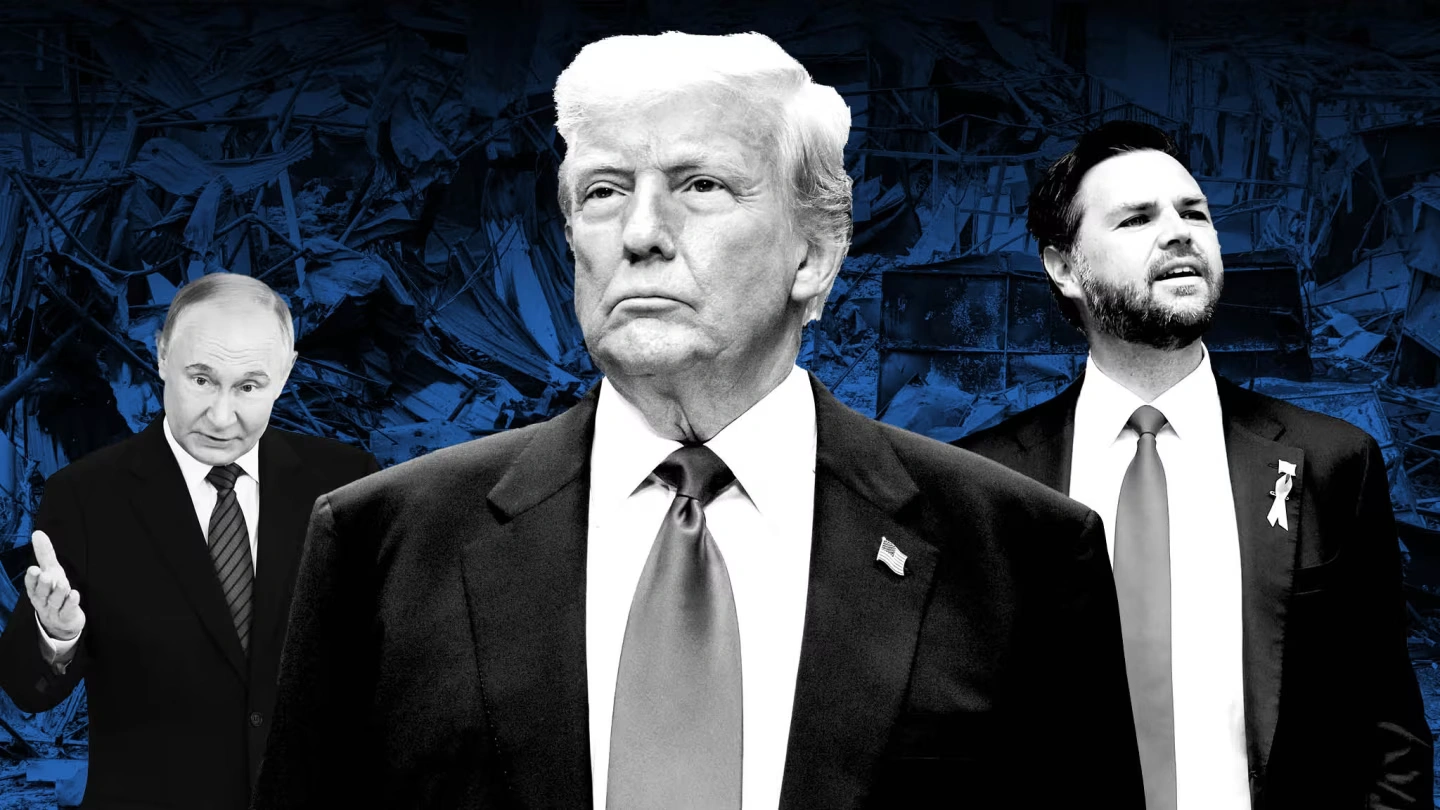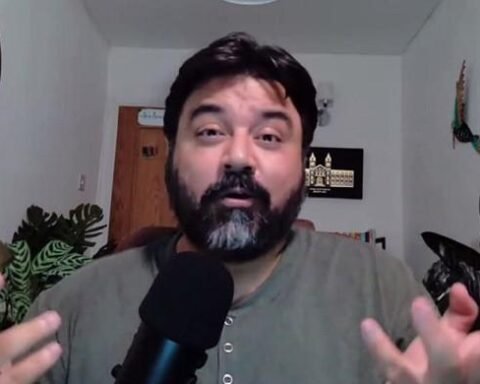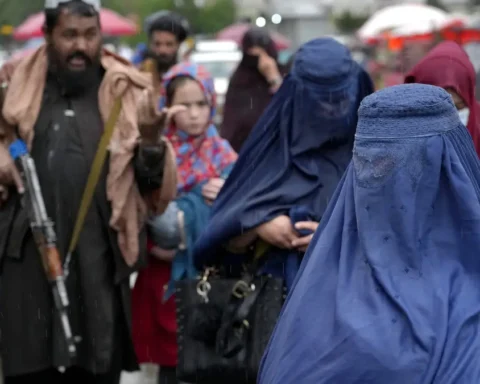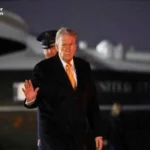In a surprising shift, former President Donald Trump has dramatically changed his rhetoric toward Russian President Vladimir Putin—just five months after suggesting that Putin “genuinely desired peace” in Ukraine. This new tone, particularly evident during a recent Cabinet meeting, marks a significant departure from Trump’s previous approach.
From Trust to Frustration: Trump’s New Message on Putin
In an earlier statement, Trump confidently said, “I think he wants peace. I mean, I’m really familiar with him… I have faith in him regarding this matter.” This comment raised eyebrows across the political spectrum, given Putin’s ongoing aggression in Ukraine.
However, that trust appears to be fading. At Tuesday’s Cabinet meeting, Trump expressed his frustration following a recent phone call with Putin.
“If you want to know the reality, Putin throws a lot of bullsht at us,”* Trump said. “He’s always really kind, but it ends up being pointless.”
This sharp criticism stands in stark contrast to Trump’s long-standing reluctance to denounce Putin directly—an approach that puzzled many foreign policy experts.
A Well-Meant Pivot or a Political Strategy?
According to the Observer Guardian, this change in tone may not reflect a complete reversal but rather increasing annoyance with Putin’s actions. Trump has resumed military aid to Ukraine and distanced himself from the temporary pause he previously blamed on members of his Cabinet.
In a notable break from his usual “both-sides” rhetoric, Trump even praised the courage of Ukrainian fighters—a move that diverges from the skepticism common among his MAGA-aligned base.
“The Ukrainians were really brave because someone had to operate those things,” Trump remarked. “Whether you believe it’s fair that we gave all that money or not.”
Strategic Messaging or a Genuine Shift in Policy?
Despite his changing rhetoric, Trump has not endorsed a bipartisan sanctions package against Russia, which has support from over two-thirds of the U.S. Senate. This hesitation raises doubts about whether his stance has truly evolved or if it’s simply strategic messaging.
Trump has long been associated with the “madman theory” of diplomacy—sending mixed signals to keep adversaries off-balance. Some analysts believe his new comments might be an attempt to gain leverage rather than a firm policy shift.
Trump vs. Putin: The Clash of Expectations
Experts believe Trump’s frustration may stem from the realization that Putin’s ambitions in Ukraine are fundamentally incompatible with any peace deal Trump envisioned. Despite Trump’s self-promotion as a master negotiator, Putin has shown no interest in negotiations that don’t involve territorial gains.
In April, Trump hinted at his own disillusionment, stating Putin might be “just tapping me along.”
State Department spokesperson Tammy Bruce commented on Trump’s evolving stance:
“He’s an open-minded man, but he’s not naive. He has a definite goal in mind and acts with integrity. That is what we are witnessing.”
Domestic Politics and Image Management
Trump’s evolving language may also be driven by domestic pressures. Known for admiring authoritarian strongmen, Trump now faces increasing scrutiny after Russia launched its largest drone strike against Ukraine—just days after his call with Putin.
This development challenges the perception that Trump’s personal rapport with Putin can influence real-world outcomes.
Conclusion: Temporary Rhetoric or Lasting Policy Shift?
Trump’s recent criticism of Putin could signal a genuine reassessment of his foreign policy stance—or it might simply be another calculated pivot in a complex political game. One thing is clear: balancing political loyalty, personal image, and geopolitical realities is becoming increasingly difficult.
As the war in Ukraine continues and domestic pressures rise, the world watches to see whether Trump’s stance hardens—or if this shift, like many before it, will eventually dissipate.







